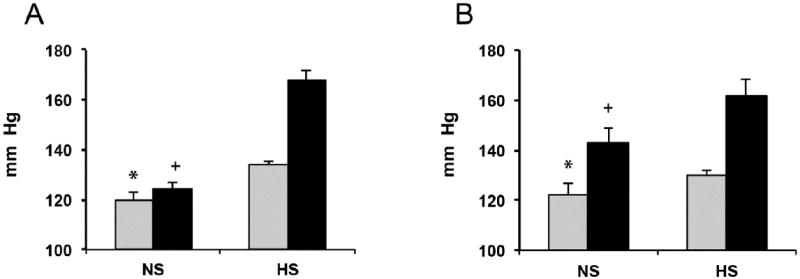Figure 2. Global disruption of the Cyp2c44 gene or inhibition of EGF-receptor signaling causes salt sensitive hypertension.

The systolic pressures of adult male mice fed normal (NS) or high salt (HS) diets for 4 weeks were measured as described in references 20,22. Shown are averages ± SE changes in blood pressure (in mm of Hg) for: A) WT and 2c44 KO mice (grey and black bars, respectively)(groups of 15 mice for WT in NS and HS and 2c44 KO on NS; and of 25 mice for 2c44 KO on HS)(25 measurements/animal), and B) WT mice on NS or HS were left untreated (5 and 6 mice respectively) (grey bars) or given injections of Cetuximab 8-10 days before blood pressure analyses (6 and 9 mice, respectively; every 48 hours, 12 mg/kg body weight)(black bars) as reported (55). A) Different from: * WT HS p<10-80, KO NS p<10-8; + KO HS p<10-270. The differences were between WT on NS and KO HS were non-significant (p>0.05). B) Different from: * untreated on HS p<10-3, Cetuximab treated on NS or HS p<10-5 or p<10-6, respectively; + Cetuximab treated on HS p<10-4, untreated NS p<10-5.
